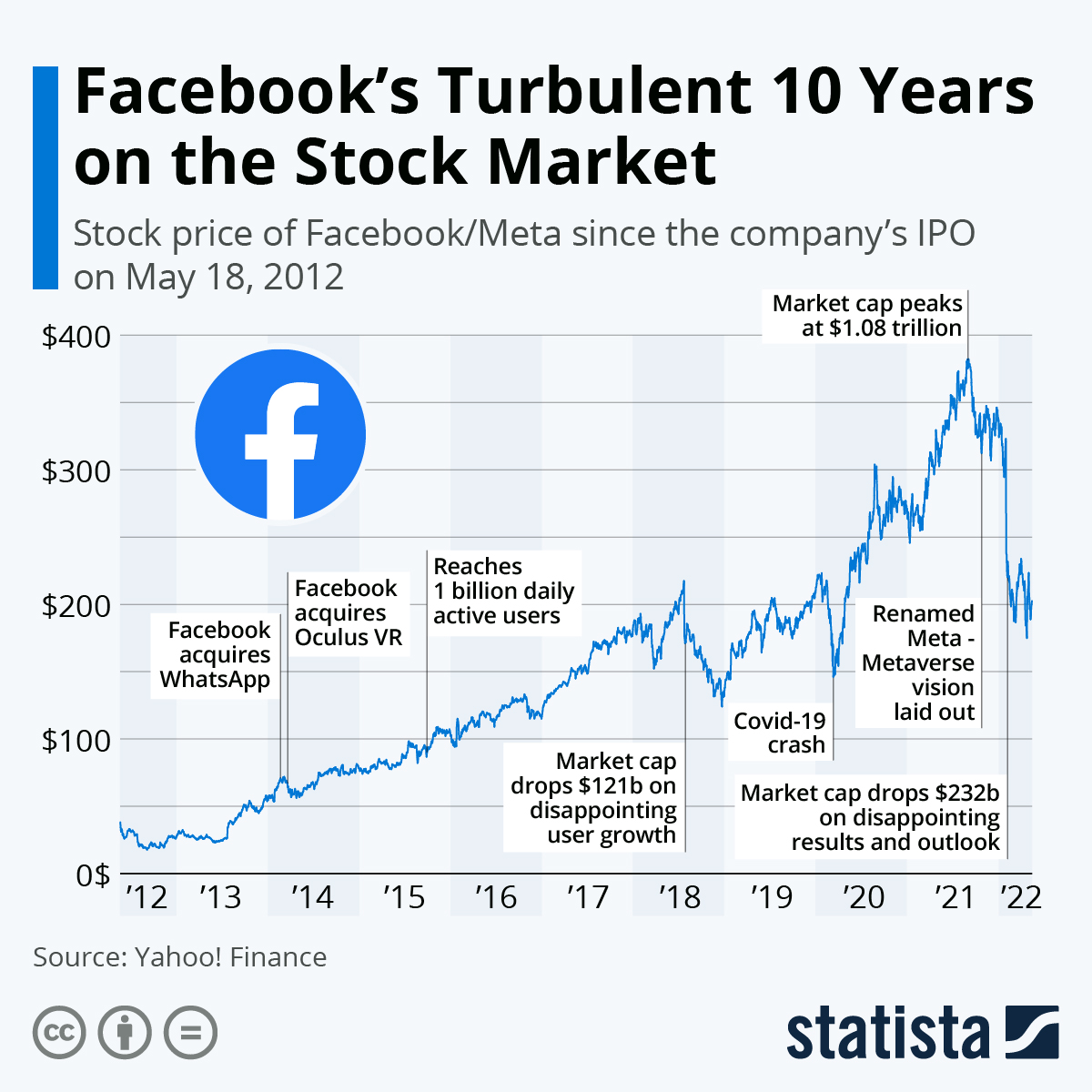
The Securities and Exchange Commission has many functions. Its primary function is to protect investors and safeguard their investment interests. The federal government has an independent commission that oversees the US stock market and other securities markets. It can investigate and prosecute violations to securities laws.
SEC's mission is to promote fair, transparent, and efficient capital markets and protect investors from fraud, abuse, and market manipulation. The United States Stock Market Commission is responsible for overseeing all aspects of the stock market. It also facilitates capital investment. It also provides information and acts in an administrative capacity for capital market decisions. The commission is also responsible for conducting research and audits.
The Commission has several divisions that carry out its operations. It has a division that investigates or prosecutes cases and a division that trades and markets, which handles its day-today operations. A division of investment management regulates different investment firms and advisors.

The SEC also maintains a Division of Risk and Economic Analysis. It helps maintain a fair and organized securities market. The SEC maintains an online database called EDGAR where investors can submit complaints or tips. EDGAR accepts evidence of securities laws violations. The Justice Department also collaborates with the commission to prosecute criminal cases related to securities law violations.
The Commission works closely with the Securities and Exchange Commission Act. This Act was established by Congress in 1934 to create a statutory body that governs the securities market. The SEC supervises more than 600,000. It can also investigate, prosecute, or settle violations of securities law. It is also responsible to register securities market intermediaries, as well.
SEC has also been working to improve primary and secondary markets. In 2006, 86.7% of complaints were resolved. This represents a significant increase over the previous year when there were only 5% of complaints. Apart from its regulatory function, the SEC collaborates with Justice Department to prosecute as well as settle criminal cases related to violations of securities laws.
SEC is also working to improve its internal control systems and information security abilities. The commission is actively moving to the cloud and is using innovative technologies to improve its work. The technology gives the commission the ability to gain new insights and provide more value to the public. It will also allow the SEC improve its ability to manage risk, increase security, and make it more accessible. It will also enable the SEC to better detect fraud and prevent it from happening.

New technologies are transforming the capital markets. These technologies allow for new competition and lower transaction costs. Markets are also receiving new business models and financial services. New technologies also put additional pressure on the SEC's resources. The SEC must keep updating its technology to meet these changing needs.
FAQ
How Share Prices Are Set?
Investors decide the share price. They are looking to return their investment. They want to make a profit from the company. So they purchase shares at a set price. Investors will earn more if the share prices rise. The investor loses money if the share prices fall.
An investor's primary goal is to make money. This is why they invest in companies. It helps them to earn lots of money.
What's the role of the Securities and Exchange Commission (SEC)?
The SEC regulates securities exchanges, broker-dealers, investment companies, and other entities involved in the distribution of securities. It enforces federal securities laws.
What is a bond and how do you define it?
A bond agreement is a contract between two parties that allows money to be transferred for goods or services. It is also known simply as a contract.
A bond is typically written on paper, signed by both parties. This document contains information such as date, amount owed and interest rate.
The bond is used when risks are involved, such as if a business fails or someone breaks a promise.
Bonds can often be combined with other loans such as mortgages. This means that the borrower has to pay the loan back plus any interest.
Bonds are used to raise capital for large-scale projects like hospitals, bridges, roads, etc.
When a bond matures, it becomes due. That means the owner of the bond gets paid back the principal sum plus any interest.
Lenders lose their money if a bond is not paid back.
How can I find a great investment company?
Look for one that charges competitive fees, offers high-quality management and has a diverse portfolio. The type of security in your account will determine the fees. Some companies charge no fees for holding cash and others charge a flat fee per year regardless of the amount you deposit. Others charge a percentage on your total assets.
It is also important to find out their performance history. A company with a poor track record may not be suitable for your needs. Avoid companies with low net assets value (NAV), or very volatile NAVs.
You should also check their investment philosophy. A company that invests in high-return investments should be open to taking risks. If they are unwilling to do so, then they may not be able to meet your expectations.
How does inflation affect the stock market
Inflation affects the stock markets because investors must pay more each year to buy goods and services. As prices rise, stocks fall. This is why it's important to buy shares at a discount.
Can bonds be traded
They are, indeed! Like shares, bonds can be traded on stock exchanges. They have been trading on exchanges for years.
You cannot purchase a bond directly through an issuer. They can only be bought through a broker.
This makes it easier to purchase bonds as there are fewer intermediaries. This also means that if you want to sell a bond, you must find someone willing to buy it from you.
There are different types of bonds available. Different bonds pay different interest rates.
Some pay interest quarterly while others pay an annual rate. These differences make it easy to compare bonds against each other.
Bonds can be very helpful when you are looking to invest your money. For example, if you invest PS10,000 in a savings account, you would earn 0.75% interest per year. If you were to invest the same amount in a 10-year Government Bond, you would get 12.5% interest every year.
If you were to put all of these investments into a portfolio, then the total return over ten years would be higher using the bond investment.
Statistics
- The S&P 500 has grown about 10.5% per year since its establishment in the 1920s. (investopedia.com)
- Ratchet down that 10% if you don't yet have a healthy emergency fund and 10% to 15% of your income funneled into a retirement savings account. (nerdwallet.com)
- US resident who opens a new IBKR Pro individual or joint account receives a 0.25% rate reduction on margin loans. (nerdwallet.com)
- Our focus on Main Street investors reflects the fact that American households own $38 trillion worth of equities, more than 59 percent of the U.S. equity market either directly or indirectly through mutual funds, retirement accounts, and other investments. (sec.gov)
External Links
How To
How to open a trading account
It is important to open a brokerage accounts. There are many brokers out there, and they all offer different services. There are many brokers that charge fees and others that don't. The most popular brokerages include Etrade, TD Ameritrade, Fidelity, Schwab, Scottrade, Interactive Brokers, etc.
Once your account has been opened, you will need to choose which type of account to open. These are the options you should choose:
-
Individual Retirement Accounts (IRAs)
-
Roth Individual Retirement Accounts
-
401(k)s
-
403(b)s
-
SIMPLE IRAs
-
SEP IRAs
-
SIMPLE 401(k).
Each option offers different advantages. IRA accounts are more complicated than other options, but have more tax benefits. Roth IRAs allow investors deductions from their taxable income. However, they can't be used to withdraw funds. SIMPLE IRAs can be funded with employer matching funds. SEP IRAs work in the same way as SIMPLE IRAs. SIMPLE IRAs require very little effort to set up. These IRAs allow employees to make pre-tax contributions and employers can match them.
Finally, you need to determine how much money you want to invest. This is known as your initial deposit. Many brokers will offer a variety of deposits depending on what you want to return. Based on your desired return, you could receive between $5,000 and $10,000. The lower end of the range represents a prudent approach, while those at the top represent a more risky approach.
After deciding on the type of account you want, you need to decide how much money you want to be invested. You must invest a minimum amount with each broker. These minimums vary between brokers, so check with each one to determine their minimums.
Once you have decided on the type of account you would like and how much money you wish to invest, it is time to choose a broker. Before selecting a brokerage, you need to consider the following.
-
Fees-Ensure that fees are transparent and reasonable. Brokers often try to conceal fees by offering rebates and free trades. Some brokers will increase their fees once you have made your first trade. Don't fall for brokers that try to make you pay more fees.
-
Customer service - Look for customer service representatives who are knowledgeable about their products and can quickly answer questions.
-
Security - Look for a broker who offers security features like multi-signature technology or two-factor authentication.
-
Mobile apps - Check if the broker offers mobile apps that let you access your portfolio anywhere via your smartphone.
-
Social media presence - Check to see if they have a active social media account. If they don’t, it may be time to move.
-
Technology - Does it use cutting-edge technology Is the trading platform intuitive? Are there any problems with the trading platform?
Once you have decided on a broker, it is time to open an account. While some brokers offer free trial, others will charge a small fee. After signing up you will need confirmation of your email address. Next, you'll have to give personal information such your name, date and social security numbers. You will then need to prove your identity.
Once verified, you'll start receiving emails form your brokerage firm. You should carefully read the emails as they contain important information regarding your account. These emails will inform you about the assets that you can sell and which types of transactions you have available. You also learn the fees involved. Be sure to keep track any special promotions that your broker sends. These may include contests or referral bonuses.
Next, you will need to open an account online. Opening an account online is normally done via a third-party website, such as TradeStation. These websites can be a great resource for beginners. When opening an account, you'll typically need to provide your full name, address, phone number, email address, and other identifying information. Once this information is submitted, you'll receive an activation code. You can use this code to log on to your account, and complete the process.
Now that you have an account, you can begin investing.